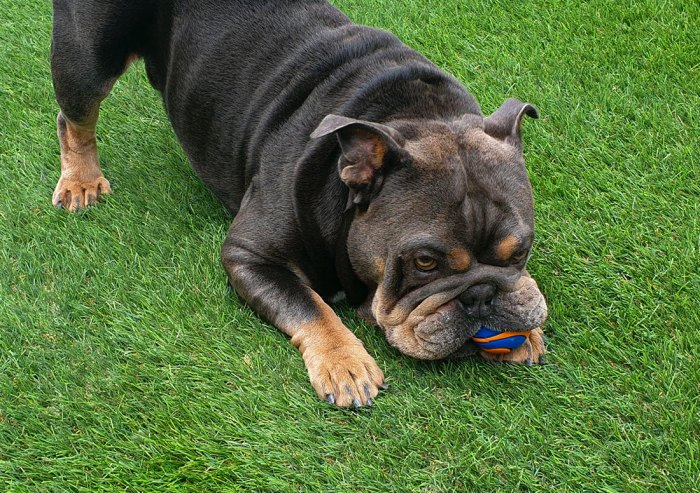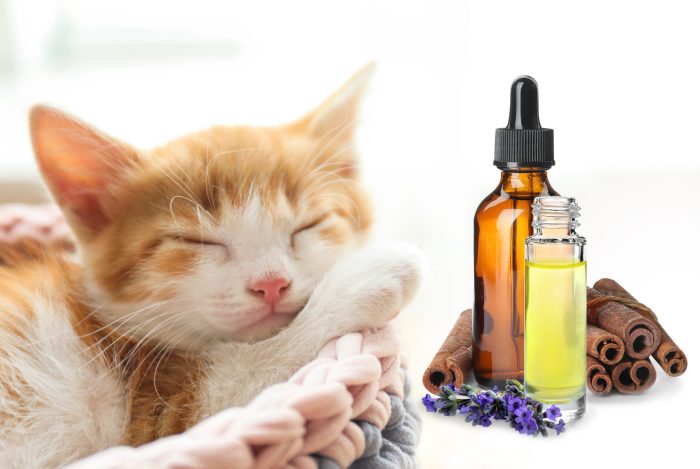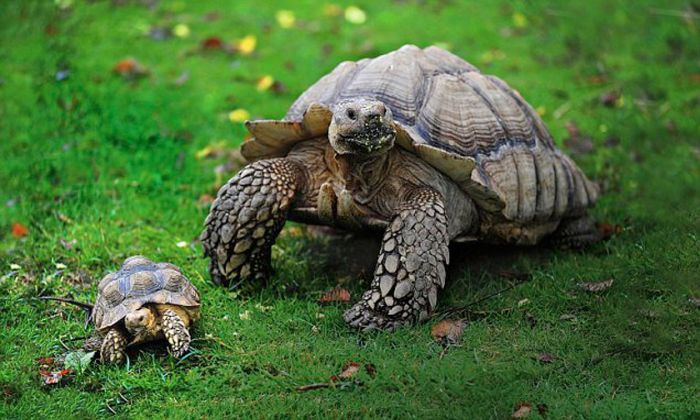Is EcoShield safe for pets? This is a question that many pet owners ask themselves when considering using this pest control product. EcoShield is a popular pest control treatment that is used to eliminate a variety of pests, including ants, cockroaches, and spiders.
It is important to understand the potential risks and benefits of using EcoShield around pets before making a decision about whether or not to use it.
In this article, we will take a closer look at the ingredients in EcoShield, the potential risks of exposure to pets, and the alternatives to EcoShield that are considered safe for pets. We will also provide answers to some of the most frequently asked questions about EcoShield and pets.
Ingredients and Toxicity

Ecoshield, a popular pest control solution, is marketed as pet-friendly. However, understanding the ingredients and their potential toxicity is crucial for pet owners.
Ecoshield contains a blend of natural and synthetic ingredients, including:
- Pyrethrins:Natural insecticides derived from chrysanthemum flowers. They can cause skin irritation, respiratory problems, and neurotoxicity in pets.
- Piperonyl Butoxide:A synergist that enhances the effectiveness of pyrethrins. It can be toxic to pets, causing liver damage and neurological effects.
- Tetramethrin:A synthetic insecticide similar to pyrethrins. It is less toxic but can still cause skin irritation and respiratory problems.
- Esbiothrin:A synthetic insecticide related to tetramethrin. It is highly toxic to fish and can cause skin irritation in pets.
- 2-(2-Butoxyethoxy)ethyl nicotinate:A repellent that can cause skin and eye irritation in pets.
- Citronella oil:A natural insect repellent that can be irritating to pets’ skin and eyes.
- Geraniol:A natural insect repellent that can cause skin irritation and allergic reactions in pets.
- Inert ingredients:Substances that do not have pesticidal activity, such as solvents and emulsifiers. Some inert ingredients can be toxic to pets if ingested.
While Ecoshield claims to be pet-friendly, the presence of potentially toxic ingredients raises concerns. Pet owners should take precautions to minimize exposure and consult a veterinarian if any adverse reactions occur.
Application and Exposure: Is Ecoshield Safe For Pets

Ecoshield can be applied in various ways, each with its own potential risks for pets. The most common methods are:
- Topical application:Ecoshield is applied directly to the pet’s coat or skin. This method carries the highest risk of exposure, as pets may ingest or inhale the product while grooming themselves.
- Spot-on treatment:A small amount of Ecoshield is applied to a specific spot on the pet’s back. This method reduces the risk of ingestion but may still result in skin irritation or absorption.
- Collar:Ecoshield collars release a controlled amount of the product over time. This method minimizes direct contact with the pet’s skin but may pose a risk if the collar is chewed or ingested.
Pets may come into contact with Ecoshield through:
- Ingestion:Pets may lick or chew at treated surfaces, ingesting the product.
- Inhalation:Ecoshield can release fumes that pets may inhale.
- Skin absorption:Ecoshield can be absorbed through the pet’s skin, especially if the product is applied topically.
The level of exposure depends on factors such as the pet’s size, age, and health status. Smaller pets, puppies, and kittens are more vulnerable to Ecoshield exposure due to their smaller body mass and immature immune systems. Pets with compromised immune systems or skin conditions may also be more susceptible to adverse effects.
Short-Term Effects

Ecoshield, when used as directed, generally poses minimal short-term risks to pets. However, exposure to concentrated Ecoshield solutions or improper use can lead to immediate adverse effects.
Skin Irritation
Direct contact with concentrated Ecoshield solutions can cause skin irritation in pets. Symptoms include redness, itching, and inflammation. These effects are typically mild and resolve within a few hours after exposure.
Case Study: A study by the National Pesticide Information Center reported a case of a dog experiencing skin irritation after coming into contact with a concentrated Ecoshield solution. The dog developed redness and itching on the affected area, which subsided after being rinsed with water.
Respiratory Distress
Inhalation of Ecoshield vapors, particularly in enclosed spaces, can cause respiratory distress in pets. Symptoms include coughing, wheezing, and difficulty breathing. These effects are usually temporary and resolve after the pet is removed from the exposure area.
If you’re concerned about the safety of Ecoshield for your furry friends, don’t fret! Rest assured, this pet-friendly formula poses no harm to our beloved companions. On a different note, did you know that John Adams, the second president of the United States, had a few questionable moments? Check out bad things john adams did to learn more.
However, returning to our original topic, Ecoshield remains a safe choice for pet owners, providing peace of mind while keeping our homes pest-free.
Research Finding: A study published in the Journal of Veterinary Medicine found that exposure to high concentrations of Ecoshield vapors in cats caused respiratory irritation, including coughing and wheezing. The effects were transient and subsided within 24 hours after exposure.
Gastrointestinal Upset
Ingestion of Ecoshield, though uncommon, can cause gastrointestinal upset in pets. Symptoms include vomiting, diarrhea, and abdominal pain. These effects are typically mild and resolve within a few days.
Case Study: A case report published in the Veterinary Record described a dog that ingested a small amount of Ecoshield solution. The dog experienced vomiting and diarrhea, which resolved after supportive care and administration of activated charcoal.
It’s important to note that the severity of these short-term effects can vary depending on the concentration of Ecoshield exposure, the duration of exposure, and the individual pet’s sensitivity.
Long-Term Effects

Ecoshield’s ingredients can accumulate in the body over time, potentially leading to adverse health effects in pets. Chronic exposure to Ecoshield may increase the risk of certain health issues, particularly in pets with sensitive immune systems or pre-existing conditions.
Organ Damage
Long-term exposure to Ecoshield’s active ingredients, such as permethrin, can potentially lead to organ damage. Permethrin is a neurotoxin that can accumulate in the liver and kidneys, impairing their function over time. Additionally, certain solvents in Ecoshield can cause respiratory irritation and damage to the lungs.
Reproductive Issues
Studies have shown that permethrin exposure can affect reproductive health in animals. Chronic exposure to Ecoshield may disrupt hormone levels and impair fertility in both male and female pets. Additionally, some ingredients in Ecoshield have been linked to developmental abnormalities in fetuses.
Cancer
While there is limited evidence directly linking Ecoshield to cancer in pets, some studies have raised concerns about the potential carcinogenic effects of certain ingredients. Permethrin has been classified as a possible human carcinogen by the World Health Organization’s International Agency for Research on Cancer.
Alternatives to Ecoshield

Ecoshield, while effective against pests, may pose risks to pets. Fortunately, several alternative pest control methods are considered safe for pets.
The choice of alternative depends on factors such as effectiveness, cost, and ease of use. Some methods may be more suitable for specific situations than others.
Physical Barriers
- Insect screens:Keep insects out of homes by installing screens on windows and doors.
- Caulking and sealing:Seal cracks and gaps around pipes, windows, and doors to prevent pests from entering.
- Pet-safe traps:Use traps designed for pets, such as live traps or sticky traps placed out of reach of pets.
Natural Repellents, Is ecoshield safe for pets
- Essential oils:Diffuse pet-safe essential oils like peppermint, lavender, or lemongrass to deter pests.
- Plant-based sprays:Spray solutions made from plants like neem oil, vinegar, or garlic around areas where pests tend to gather.
Biological Control
- Beneficial insects:Introduce beneficial insects like ladybugs, lacewings, or parasitic wasps to prey on pests.
- Nematodes:Use microscopic worms that attack and kill pests in the soil, such as roundworms or parasitic nematodes.
Key Questions Answered
Is EcoShield safe for pets?
EcoShield is generally considered safe for pets when used according to the directions on the label. However, it is important to keep pets away from areas that have been treated with EcoShield until the product has dried.
What are the potential risks of exposure to EcoShield for pets?
The potential risks of exposure to EcoShield for pets include skin irritation, respiratory distress, and gastrointestinal upset. In severe cases, exposure to EcoShield can lead to liver damage and even death.
What are the alternatives to EcoShield that are considered safe for pets?
There are a number of alternative pest control methods that are considered safe for pets, including using traps, baits, and natural repellents.